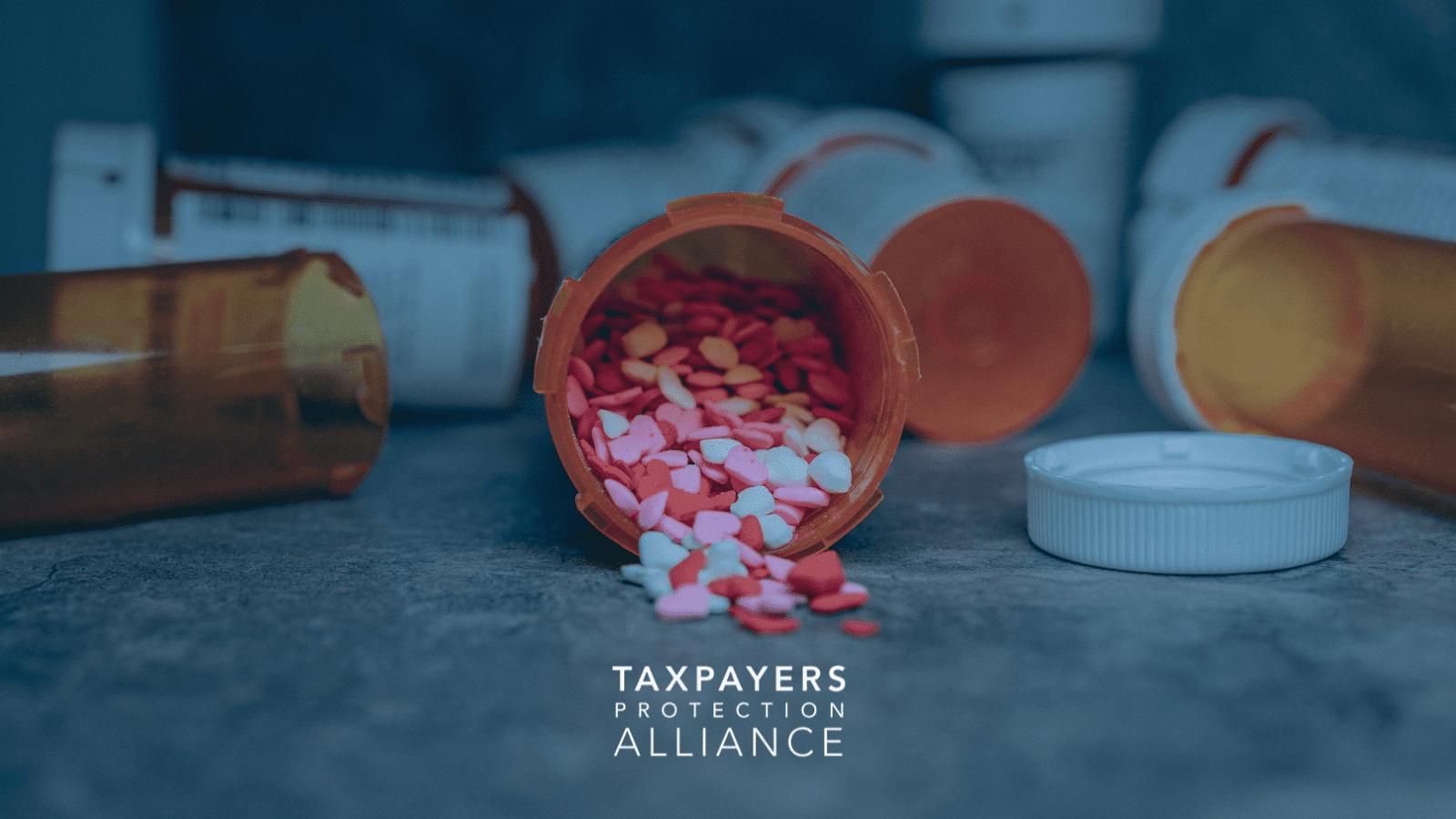
The 340B PATIENTS Act Fails Patients and Taxpayers
Christina Smith
August 7, 2025
Late last month, Rep. Doris Matsui (D-Calif.) and Sen. Peter Welch (D-Vt.) introduced H.R. 7635, the 340B Pharmaceutical Access To Invest in Essential, Needed Treatments & Support (340B PATIENTS) Act. This bill would formally recognize the ability for 340B entities to dispense discounted drugs through third-party contract pharmacies. However, the 340B program has strayed from its original intent. This legislation – without significant reform – would further exploit a program intended to help vulnerable patient populations at the expense of American taxpayers.
Created by Congress in 1992, the 340B Program allows certain hospitals and clinics to purchase prescription drugs at a deep discount. Originally, it was assumed these facilities would distribute the medications themselves. However, through the informal use of contract pharmacies, benefits have flowed to more affluent areas and have been used to line their own pockets.
In 2023, the 340B Program hit a record high of $66 billion in drug discounts passed along from pharmaceutical manufacturers to hospitals. However, a June 2015 Government Accountability Office (GAO) report found that Medicare beneficiaries at 340B hospitals were prescribed more drugs, or drugs at a higher price. This naturally raised concerns about the program’s incentive structure and where the savings were going.
Meanwhile, 340B hospitals are pocketing program discounts. This leaves patients and taxpayers footing the bill for a program intended to help them. Disproportionate share hospitals (DSHs) are charging significantly higher prices for oncology drugs, for example—often five times the cost to acquire them. In 2016, this led to $1.9 billion in profits for hospitals, largely borne by taxpayers. By 2024, Medicare payments for 340B drugs under Part B of the program were 48 percent higher than the 340B ceiling price.
Adding contract pharmacies into the statute (as opposed to merely being authorized through informal guidance) will only exacerbate the failure of the 340B Program. If enacted, there will be $1.8 billion in additional health care spending for private employers due to forgone rebates on medicines purchased at the 340B price. There will also be $272 million in additional healthcare spending by state and local government health plans, $437 million in additional healthcare spending for state Medicaid plans, and $763 million in bolstered federal costs from forgone Medicaid rebates.
The 340B program must be reformed. However, the 340B PATIENTS Act will only harm patients by further incentivizing practices that drive savings away from patients and caregivers. Real reform in 340B legislation must prioritize establishing a clear and permanent definition of who qualifies as a 340B patient to prevent misuse and ensure transparency. Currently, many qualify, despite receiving no benefit. Congress should clearly define a patient as an uninsured and low-income individual who does not qualify for either Medicare or Medicaid.
Stringent oversight is desperately needed. Enhancing oversight from the Centers for Medicare and Medicaid Services (CMS), as well as strengthening reporting requirements are essential steps. This will help address the ongoing issue of duplicate discounting in the 340B program. With the right reforms, Congress can ensure that intended 340B patient populations benefit fully from the program. Struggling patients deserve better than a poorly targeted program that pads hospital profits on the taxpayer’s dime.
